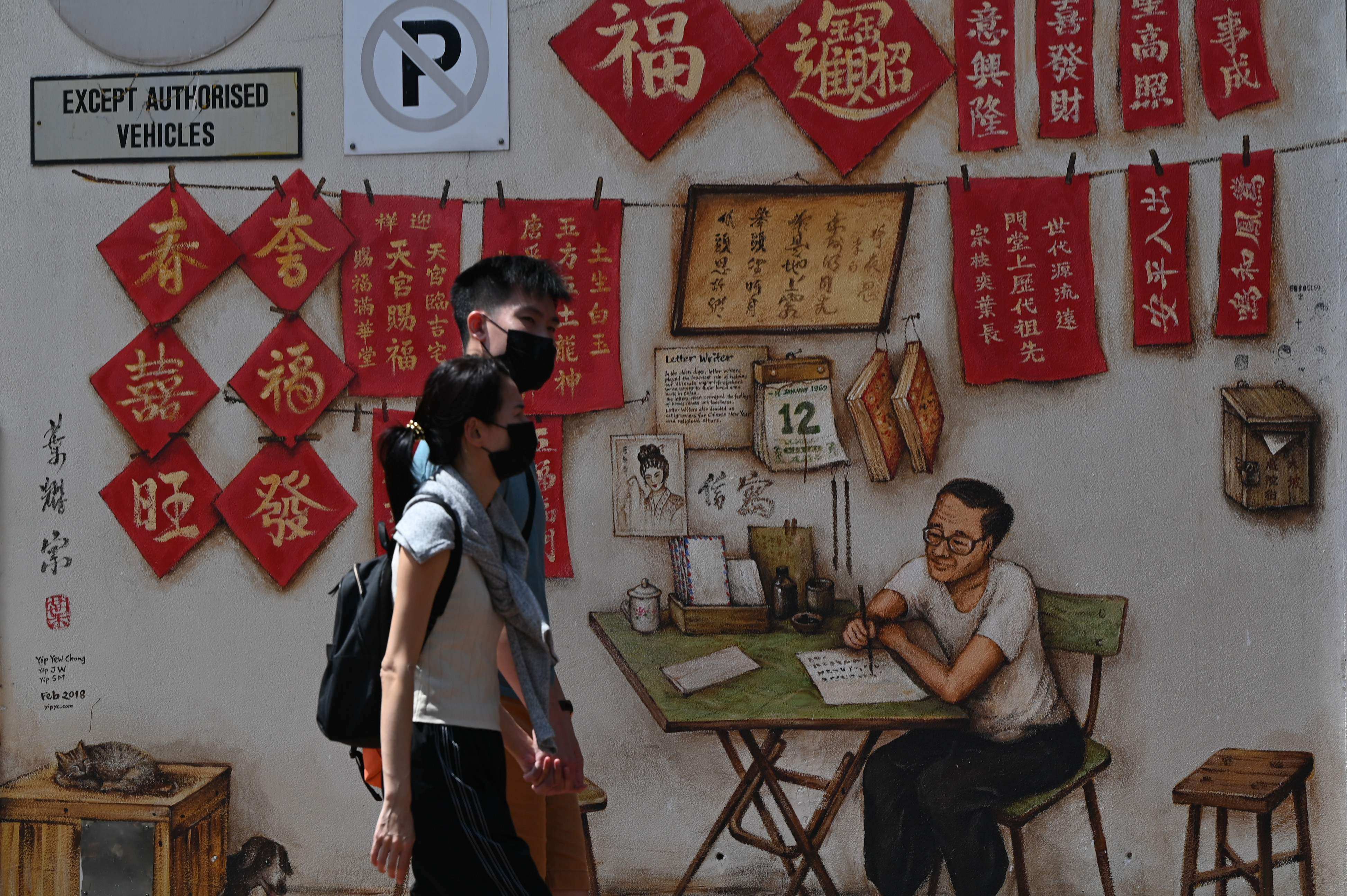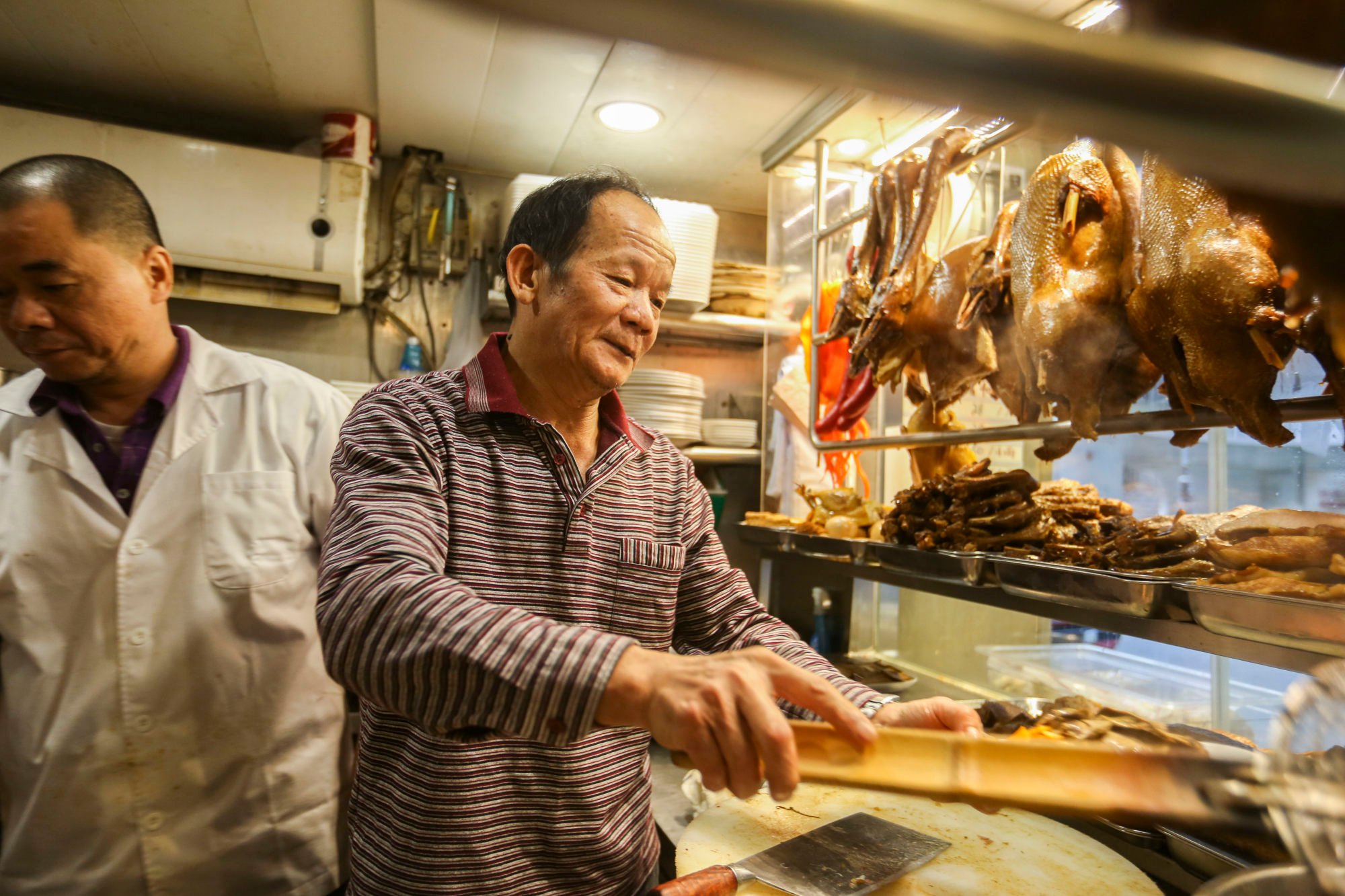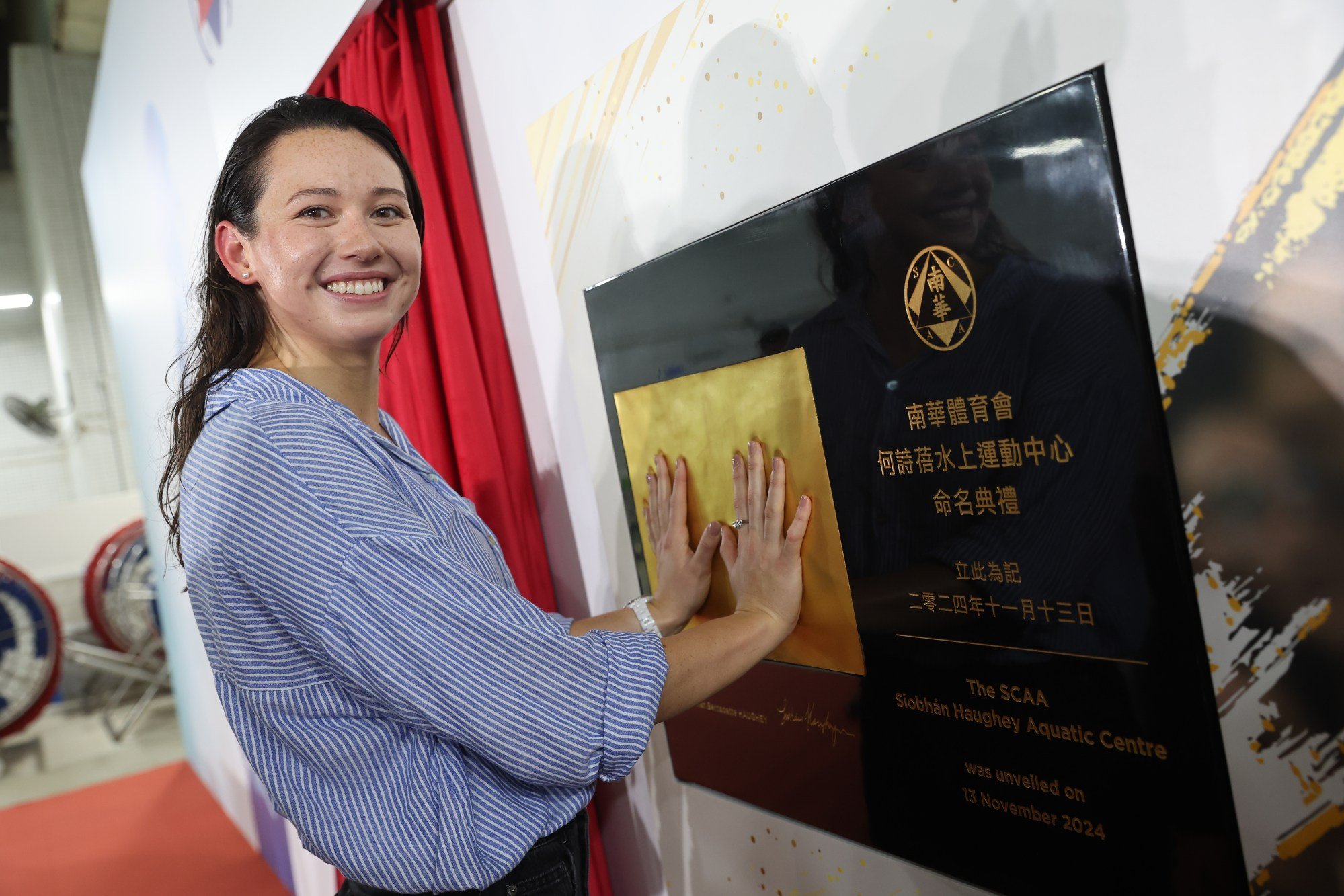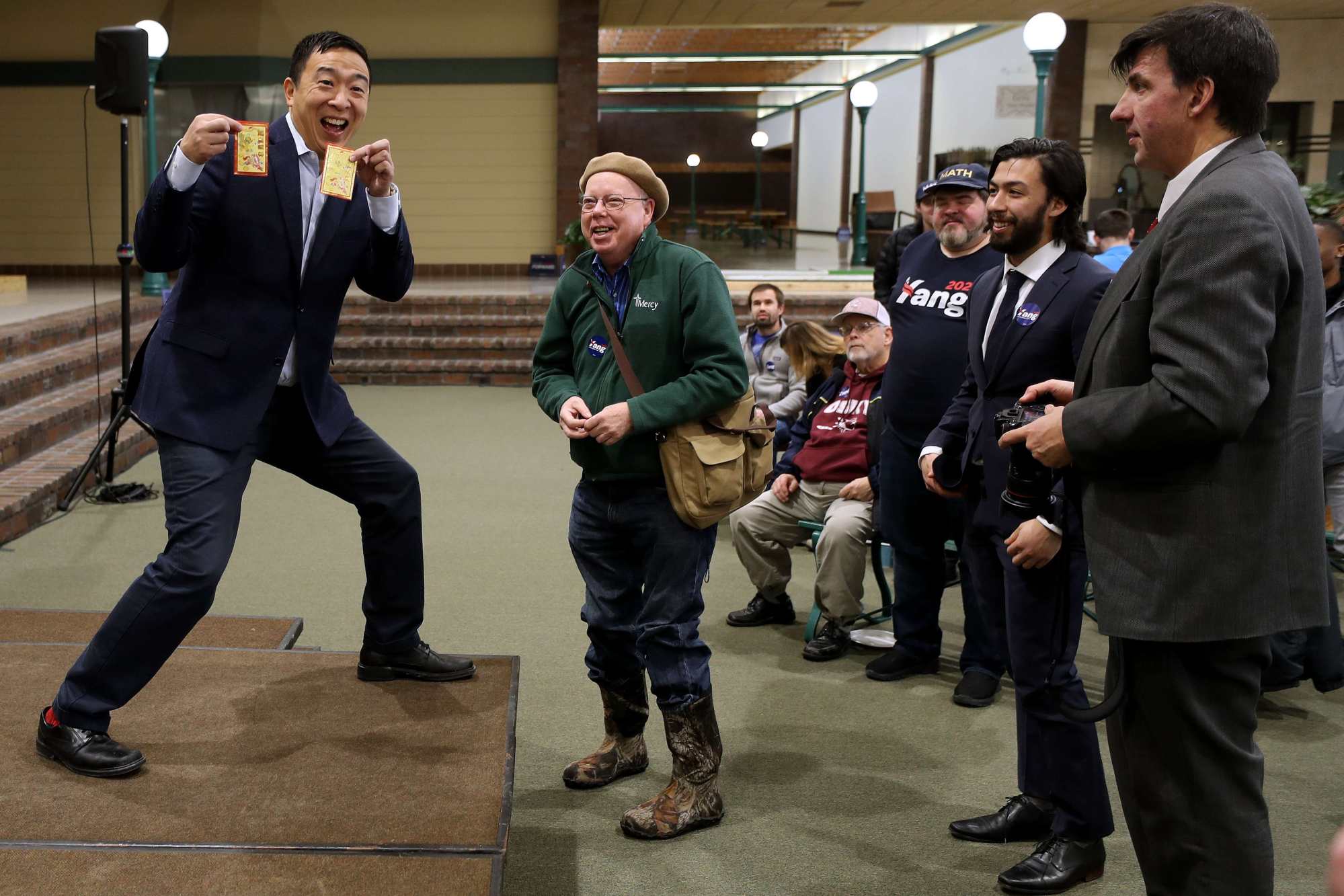People laugh in my face when I say I’m Chinese. So what?
I don’t look Chinese. But it’s the tiny things, values and cultural touchpoints that collectively make a Chinese person Chinese

I am a Chinese man. It’s just taken me more than 30 years to be OK with saying this.
You might not think so to look at me. I’m the son of a Singaporean Chinese mother and a British father, but the genetic lottery dished out a Caucasian face and that became a self-fulfilling prophecy.
When I was growing up in Singapore, people saw me as white, so that was how I felt. I never took Lunar New Year very seriously, and at my rebellious, teenage nadir even skipped the festivities entirely (well, almost). Instead of attending reunion dinner on the eve of the festival and big gatherings on days one and two, I stayed home in a sulk over the pointlessness of these centuries-old traditions. Shamelessly, I had no problems keeping the ang pow, or red packets containing money, collected on my behalf.
I gave up learning Mandarin effectively after primary school, having stupidly convinced myself that failing the subject was “cool”. It is deliciously ironic that I’ve ended up occasionally having to translate Chinese into English at work, muddling through with the help of native speakers and Google Translate.
Shamefully, I never learned Teochew beyond counting to 10 and asking, “How are you?” and “Have you eaten?” – even though my mother and her siblings spoke the dialect to each other and it was the closest link with my grandfather’s roots in Swatow (now Shantou, in Guangdong). The language barrier prevented me from having a direct conversation with my maternal grandparents.
In a way, putting my Chinese heritage on the back burner was practically official – my birth certificate holds no recognised Chinese name. My aunt came up with the Chinese surname I used in school, a phonetic version of Driscoll (di ke in pinyin), despite my mother’s perfectly fine Chinese surname being right there, ready to be inherited.

So for all intents and purposes I was white. During my mandatory two-year national service in the Singapore Army, platoon mates would needle me about how we wouldn’t be digging trenches in the jungle if my “ancestors” – the British colonial masters defending Singapore from Japan during World War II – had done a better job. Ang moh (“redhead”) was thrust upon me as a sobriquet, which I more or less embraced.
Yet, I have never sounded white, and it throws people off to this day. People – even Singaporeans, especially Singaporeans – cannot wrap their minds around someone sounding Singaporean but not looking Chinese, Malay, Indian or Eurasian, the four “major races” in the city state.
They experience extreme dissonance hearing me use lah and other Singlish particles with skill and intent. I’ve had to come up with a shorthand explaining my white face and Asian accent: “I sound Singaporean, but I don’t look Singaporean.” I don’t feel good using that because it perpetuates the idea that there is a Singaporean look, or a mould to fit into.
But as you age, you gain a firmer sense of who you are. For me, moving to Hong Kong in 2017 has helped. My mixed-race brethren here have an unshakeable grasp of who they are, literally embodying the city’s East-meets-West heritage while speaking Cantonese fluently. Swimmer Siobhan Haughey does commercials in the language, something I can only aspire to (speaking any Chinese dialect fluently, I mean, not doing commercials).

And so my Chinese identity keeps bobbing to the surface these days, like a dolphin coming up for air.
It’s in how I place my chopsticks, delicately, flat on the rice bowl when I take breaks from eating, not stuck straight into the rice. It’s in how I wash my feet the instant I get home, with shoes naturally left outside the flat, where they belong.
It’s in how I feel obliged to (begrudgingly, I’ll admit) give out ang pow to my mercifully small team at work for Lunar New Year. It was in how, days into my honeymoon in Paris, after many rich French meals, I really, really needed to have some rice.
There are a hundred more tiny things, values and cultural touchpoints that collectively make a Chinese person Chinese. The problem is I’m practically alone in my assessment of myself as Chinese. Chinese colleagues have laughed in my face when I’ve made this assertion, and I’ll never forget walking into a Chinatown restaurant for reunion dinner in Singapore one year and being stared at like an outsider – which I ostensibly was.

Does that matter? Do I need the approval of my fellow Chinese to join the club, to feel like I belong in the diaspora?
In the tortured writing of this column, I’ve realised: no. I could wish I was born looking Chinese, but if you embrace the culture and take even little steps to celebrate it, then you’re just as Chinese as anyone, no matter how you look.
I decided a while ago to change my Chinese surname to Wang, or Heng in Teochew – my mother’s surname. OK, I don’t use my Chinese name anywhere officially, so it is just symbolic. But it feels right that at least one of my names carries this heritage and shows off this part of my identity.
I plan to improve my Mandarin. I’m learning Cantonese. I’ll continue eating bak kwa (barbecued meat) during Lunar New Year, and mooncakes at the Mid-Autumn Festival. I’ve embraced Chinese culture as part of me – so I am also a part of it.